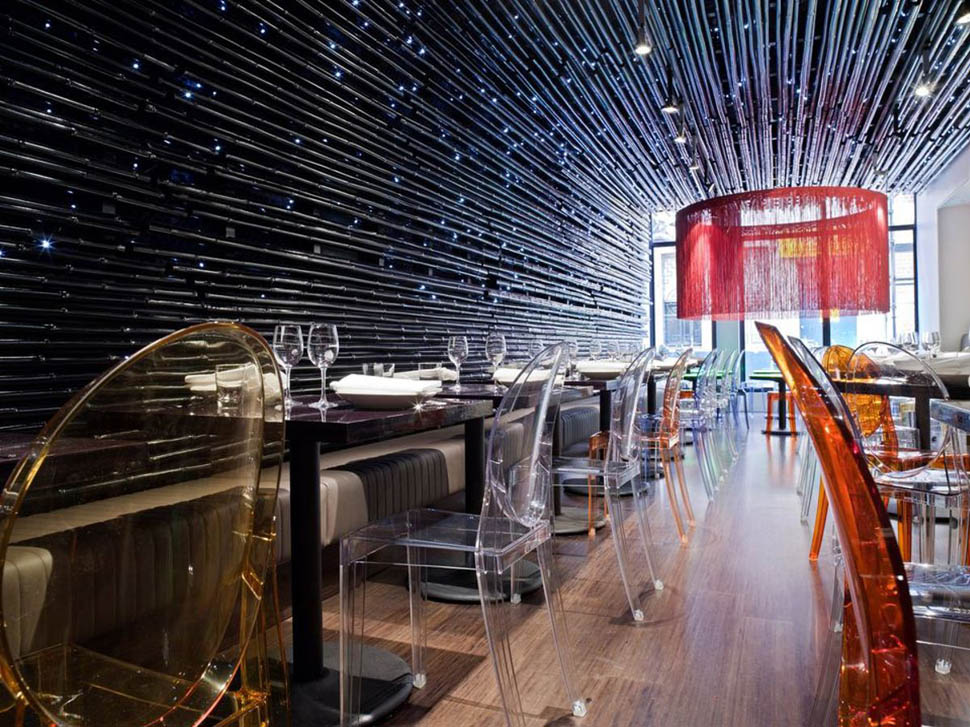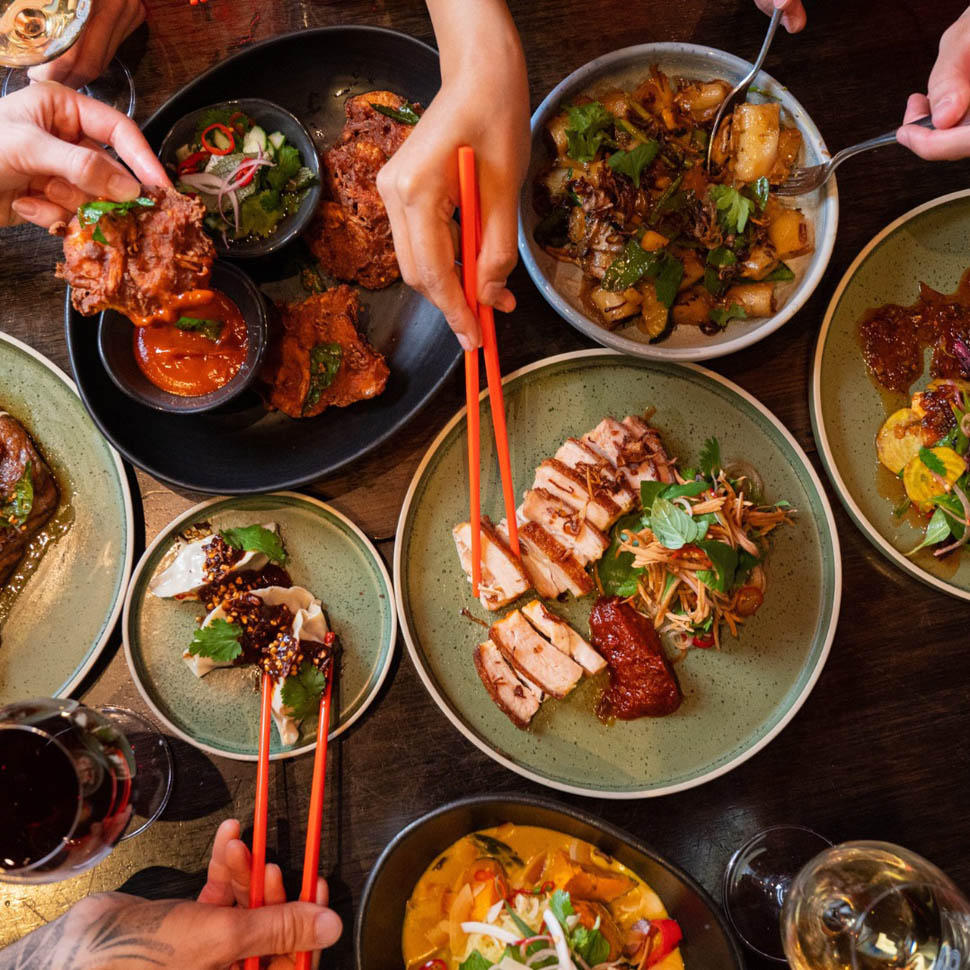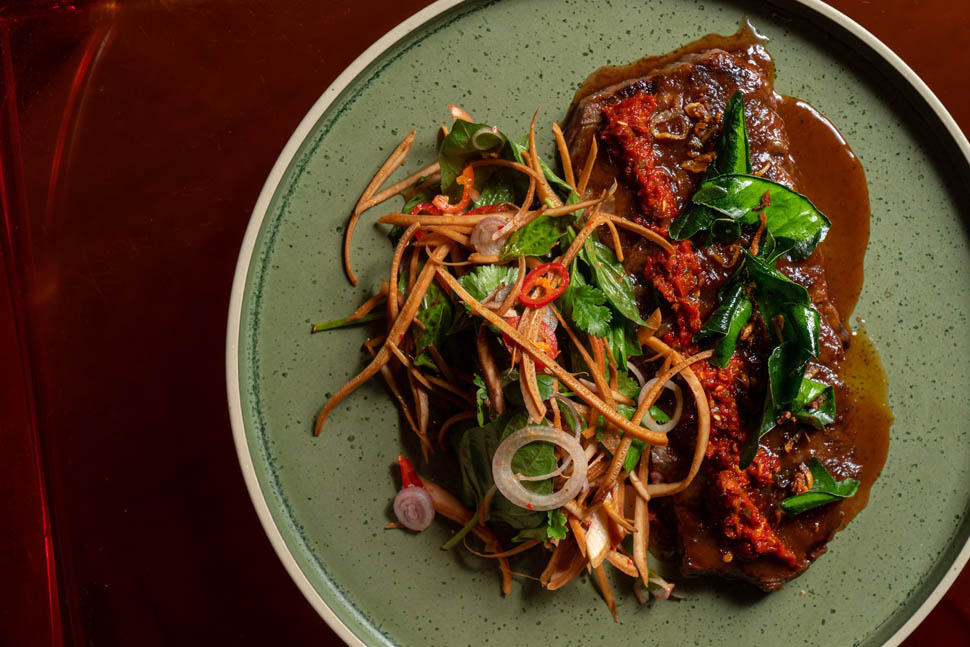50 dollars has been the psychological threshold for many Australians for a restaurant meal. "But this perception has to change: we won't survive if we keep charging as we do now," warns Teage Ezard, who has closed the doors of his Gingerboy in Melbourne.
The opinion
Controversy over a chicken schnitzel sold for 38 dollars in Australia hasn't even died down yet, and there's already a new bone of contention. Indeed, these aren't easy times for the restaurant industry, even on the fifth continent, where soaring costs have forced many businesses to close, like Gingerboy in Melbourne, which fell victim to the "perfect storm" after nearly twenty years; meanwhile, many others have had to raise their menu prices.

Owner Teage Ezard complains that everything has gone up, from wages to utilities, from electricity to gas, except for the amount people are willing to pay to dine out. In his predictions, the minimum price for a meal could soon jump to 50 dollars, with over 60 for mid-range places. "You get what you pay for, and I think it's what it costs," he firmly stated to 9News.

In his view, the pandemic was a breeze compared to the difficulties that arose when the restrictions were lifted. In fact, Gingerboy never recovered, and Ezard uses this moment to urge his fellow restaurateurs to take the necessary steps without fear of disappointing their customers. Asking for more is essential, or it will be the end.

"We need to raise prices, but the public doesn't want us to," he told the Herald Sun. "We have to do it, and there needs to be an open discussion about it. Restaurants can't survive with the current pricing. This perception must change. Most should be charging at least 50 dollars (equivalent to 47 euros - give or take), if not more."

The problem is that, according to statistics, most Australians have already cut back on their lifestyle due to the crisis, starting with dining out and attending events, while the average spending on groceries for home cooking continues to rise. Adjusting the menu prices could turn out to be a huge setback for the industry, which is already struggling to stay afloat.












